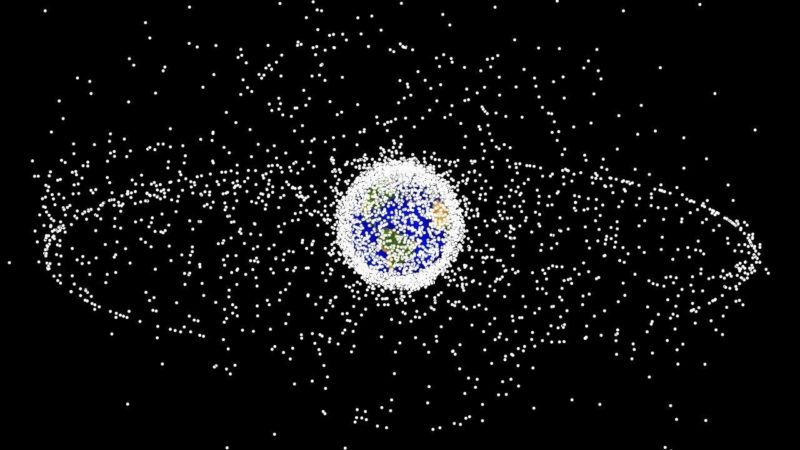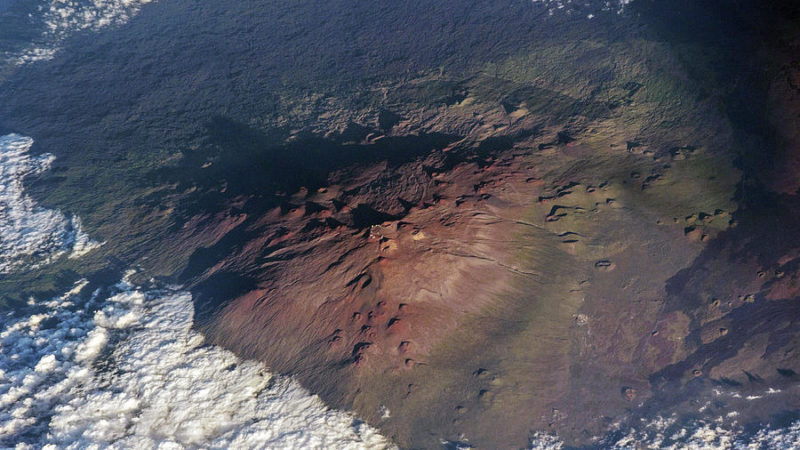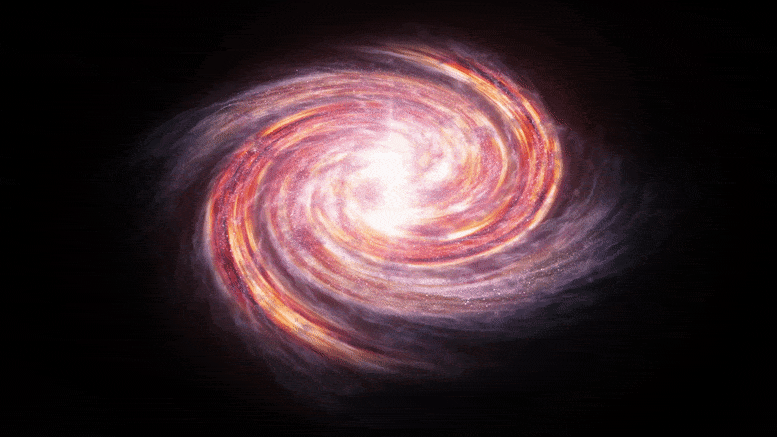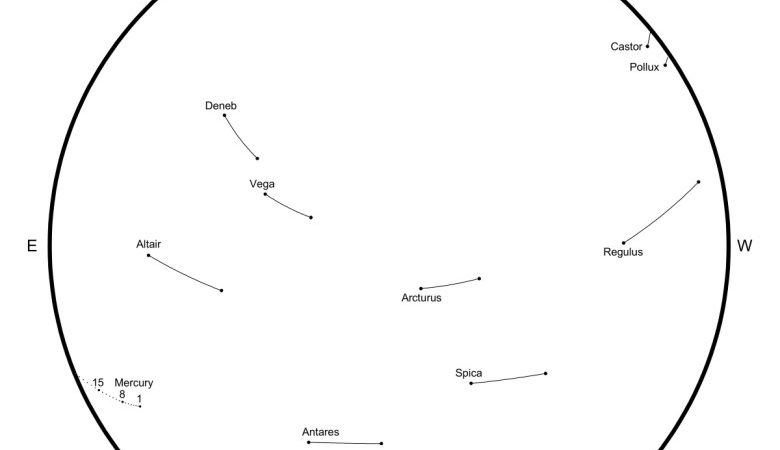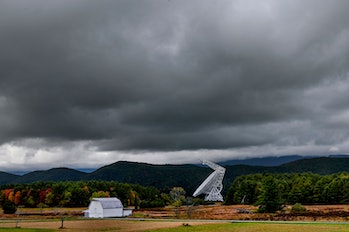Astronomy graduate student awarded three-year NASA fellowship – UH System Current News
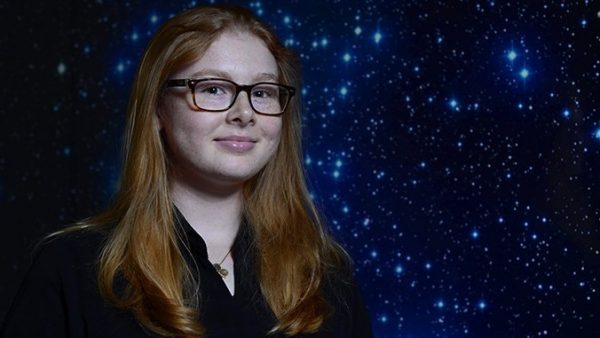
Anna Payne
A University of Hawaiʻi at Mānoa Institute for Astronomy (IfA) graduate student received a three-year NASA fellowship that sponsors rising STEM scientists who will support future NASA discoveries. She is the first UH student to receive this award, worth $55,000 a year.
Anna Payne will continue her research with Benjamin Shappee, IfA assistant professor, on the variability of active galactic nuclei (AGN), the extremely luminous cores of galaxies, where material falling into the central supermassive black hole is heated and glows brightly. The galaxies are so bright that they can be seen in the far reaches of the universe. These highly energetic systems still remain a mystery despite decades of study.
The exact physical mechanism that causes AGN brightness to vary on timescales of days to years is not fully understood. Payne’s research will investigate the phenomenon by combining data from several NASA space telescopes, including the Neil Gehrels Swift Observatory and the Transiting Exoplanet Survey Satellite, in concert with the ground-based All-Sky Automated Survey for Supernovae. These observatories take data covering a broad range of the electromagnetic spectrum, from x-ray through human-eye-visible wavelengths.
Using these different astronomical observatories, Payne will search for AGN that brighten in real time, and then analyze data taken over several months following the outburst. Quantifying how these different wavelengths of light are correlated during flare events will help provide clues to understanding why AGN change their brightness over time. Payne hopes to distinguish between different models that have been previously proposed to explain why AGN are variable over all wavelengths of the electromagnetic spectrum.
As part of her PhD dissertation, Payne will travel each summer to NASA’s Goddard Space Flight Center in Greenbelt, Maryland, to work with researchers there.

